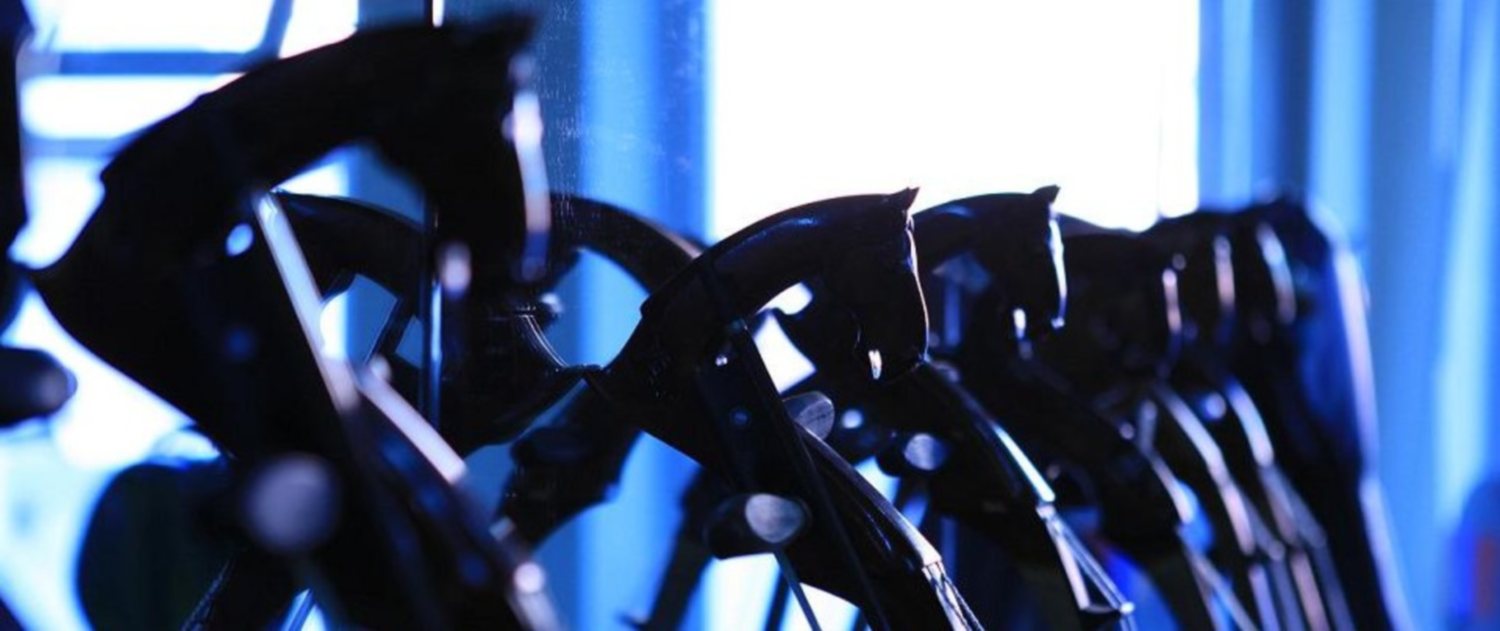Melody of Gobi High School Kids to Antalya International Youth Festival; May 14-20, 2018, Active Fundraising
It’s a life-changing dream for high-school students from the Gobi and a perfect way to preserve and promote Mongolian extraordinary culture.
Ten musically talented students from Khankhongor High School and their chaperons are headed to the International Antalya Youth Festival in Turkey. Nomadic Expeditions has made a very generous contribution to cover airfares, but the project needs your financial support to cover basic per-diem expenses like food. That’s where your tax-deductible contribution to Arts Council of Mongolia-US comes in.
The performing arts education program at Khankhongor High School began in 2000, with 80 students and 17 teachers participating in the program annually. Graduates of the school have gone on to the Mongolian Music Conservatory, the University of Arts and Culture in Ulaanbaatar, and related dance and circus jobs in Japan and Korea.
The program ensures that Mongolia’s rich culture is preserved. Its students learn to play traditional musical instruments–such as the horsehead fiddle, zither, flute, Mongolian horn, four-stringed fiddle or huuchir, sanxian, and dulcimer–and are taught to perform ancient songs and dance.
The Antalya International Youth Festival in Antalya, Turkey is an annual event that has showcased cultures and talents from across the globe for nearly 30 years. It will give these students—forming a group called “Melody of Gobi”—invaluable, life-changing experiences and highlight Mongolian culture on the world stage. The Festival takes place May 14-20. So please donate now.
Nomad Meets the City
ACM-US is proudly supporting the production of a documentary film telling three stories of migration from rural nomadism to city life in Mongolia with grants and a successfully completed crowd funding drive.
As rural Mongolians rapidly leave behind their millennia-old nomadic livelihoods and culture of herding for opportunities in the city, we are left with great uncertainty of what will be left of the nomadic culture and its clash with the sedentary lifestyle of the city. The transition from one way of life to the other could not be more drastic. See more about this exciting project at this link.
Museum Collection Management
The over 200,000 objects in Mongolian museums share the story of hundreds of years of remarkable cultural history. But poor storage and exhibition conditions, dirt, and inadequate management practices have put many objects at risk.
In fall 2015, a team of experts affiliated with the Burke Museum of Natural History and Culture (University of Washington) made a second visit to Mongolia to train museum professionals there in practices to help properly protect and display these collections. The project also includes delivery of archival supplies.
Lead funding for the project comes from the Hugh and Jane Ferguson Foundation and the Marrella Foundation with further support from you.
ACM-US is partnering with Arts Council of Mongolia in Ulaanbaatar on this project. ACM has secured additional funding from Ambassadors Fund for Cultural Preservation of the US Embassy in Mongolia. Gaylord Archival has provided generous in-kind support for the project.
Fellowship Program
Since 2008, nearly 150 rising arts mangers have advanced their professional skills through ACM-US's Fellowship Program. Each fall a cohort of about 20 carefully selected participants begin a ten-month program learning subjects ranging from leadership to fundraising to intellectual property rights. Mongolian and international experts provide the training through day-long programs. The participants also develop a group project that serves the Mongolian cultural community.
A select group arts managers just entering the profession join most of the training sessions, enhancing the reach of this program.
All participants put this new knowledge to work in their own organizations. Results are impressive. Trainers in the program consistently note the increasing sophistication of participants from year to year.
Monastery Documentation Project
In the late 1930’s Mongolia’s Buddhist heritage was torn away when the Soviet-style Communists devastated the country’s sacred landscapes by destroying all the monasteries – and exiling or killing the monks or ordering them to be nomads, factory workers or soldiers.
Today, Mongolians are actively seeking to retrieve the past, and striving to make contact with their historic cultural identity. The history of Mongolia has been captured through stories of the elderly and archeological mapping of former Buddhist monastery sites, key to rediscovering Mongolia's unique cultural heritage.
Collaborating with Arts Council of Mongolia in Ulaanbaatar and other partners, we sent survey teams to every part of the country to seek out the elders and survey the sites over a 1,000 Buddhist temples. These elders, many of them young monks at the time of the destruction, told us their stories about daily life in the temples and monasteries. We also took GPS readings and photographs to preserve the elder’s identification of the Monastery sites.
Now, these stories, locations and photographs are online at MongolianTemples.org so that Mongolians – and people across the globe – can gain access to Mongolia’s rich Buddhist past.
School Pairing program
Felt making with US and Mongolian students
ACM-US’s School Pairing Program helps develop future leaders of Mongolia and the US through carefully structured cultural and educational experiences. Using Internet-based communications the program links American and Mongolian high school students to learn about each other’s cultures, including the Navajo culture in the American Southwest. Mongolian students also sharpen their English language skills through the exchanges.
The program provides teacher training, training of students to set up clubs and organize class activities. Through a competitive program, three students plus a teacher from each country are selected to travel to the other country for in-person cultural exchanges.
All participants benefit by a greatly increased knowledge of another culture, increased communications skills, development of self confidence and international friendships. These skills are essential in the increasingly globalized economy.
The program receives additional support from the Zorig Foundation and participating schools. It is administered through an agreement by Arts Council of Mongolia in Ulaanbaatar.







